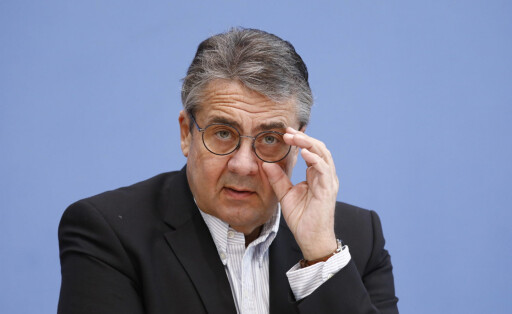The Ukraine-China relationship has long been cold, but it holds a lot of potential. For a long time, the relationship was characterized by a simple trade exchange. Currently, however, China is emerging as a major trading partner of Ukraine. In the plans of China's New Silk Road initiative, Ukraine has played a minor role until now. In the wake of the war between Russia and Ukraine, the Chinese government is behaving cautiously, but increasingly a slight distancing can be seen. Read the latest Ukraine-China news from the Table.editorial team. How has the Ukraine-China relationship developed? Even though Ukraine has repeatedly expressed interest in the Silk Road initiative, the state has made few moves on China. Due to Ukraine's difficult economic and political situation resulting from Russian aggression, China is distancing itself from Ukraine. Ukraine also focused its foreign policy on the West - the European Union and the United States to persuade Russia to make peace with economic and political sanctions. Given the complicated U.S.-China relationship, Ukraine had deliberately avoided rapprochement with China. Closer contact with Xi Jinping is emerging under Ukrainian President Volodymyr Selenskyj, heralding a possible new phase in the Ukraine-China relationship.



